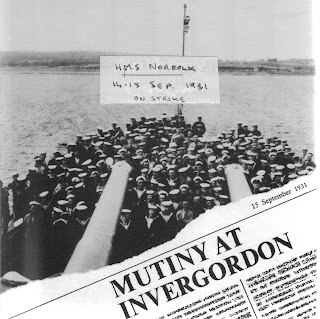In a ‘Statement on status of destruction of archival material Ruskin college’ dated 15 October 2012 historian Dr Hilda Kean tells the sorry tale of how ‘Archive material dating back to the first decades of the twentieth century of the internationally renowned labour movement college, Ruskin College, Oxford has been destroyed and material constituting its radical history has been dispersed. The integrity of the material in the college as an archive of working class history no longer exists. Sadly, this process of destruction and dispersal has not finished.’
‘Although Bishopsgate Institute in London advised the college management that it could take unwanted material in July, the college management did not take up that offer.’
Whose archive, whose history? (Comment by L.W.)
There are parallels, obviously, with things happening in other institutions and organisations where mindless authoritarian management rides roughshod over the welfare of people working in them, the needs of those they were intended to serve, and, often, the principles which led to their being set up in the first place. The breath-taking arrogance and ignorance of the Principal’s quoted comments beg the question of how anyone like that was allowed to get into a position to wield such power unchecked, in such a context, but will be horribly not unfamiliar to many who have found themselves working within an admin-heavy hierarchical set-up where corporate newspeak mentality and unquestioning subservience to government policy rule.
On a brighter note, ‘Volunteer students working in the archive instructed to shred labour movement pamphlets acted with the imagination and integrity one expects of the best of the Ruskin tradition. Other material such as pamphlets or ephemera has been squirreled away by staff keen to preserve the past.. .’ Grass-roots spontaneous action has thus achieved some damage limitation at least. Copy that!
Related SmothPubs pamphlet: What is Libertarian History? by Liz Willis (2011) 12pp. 90p/.60p (depending on where purchased).


